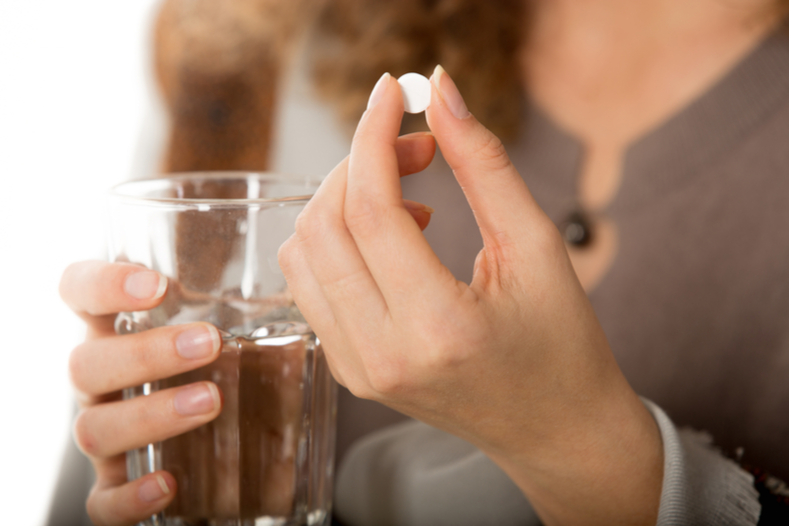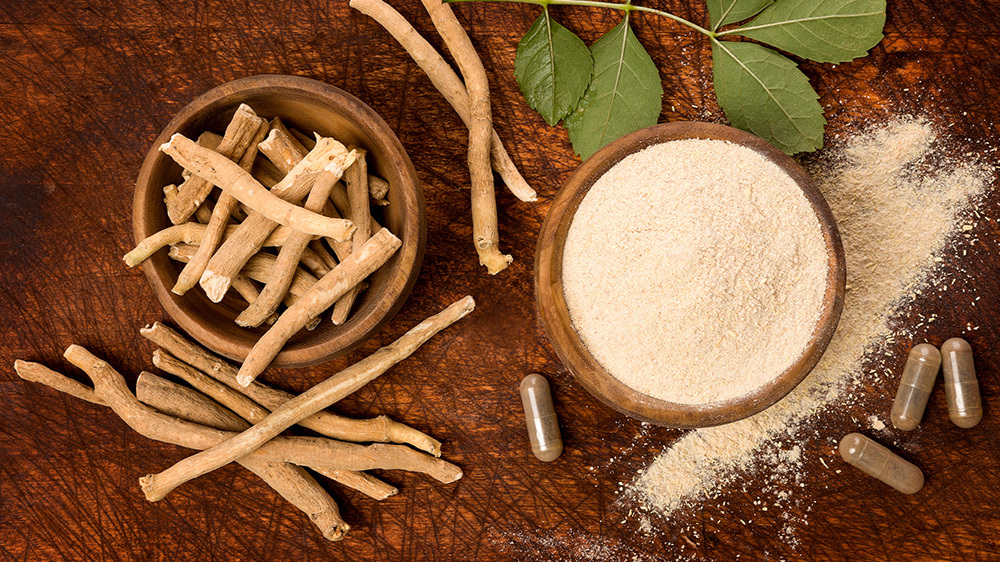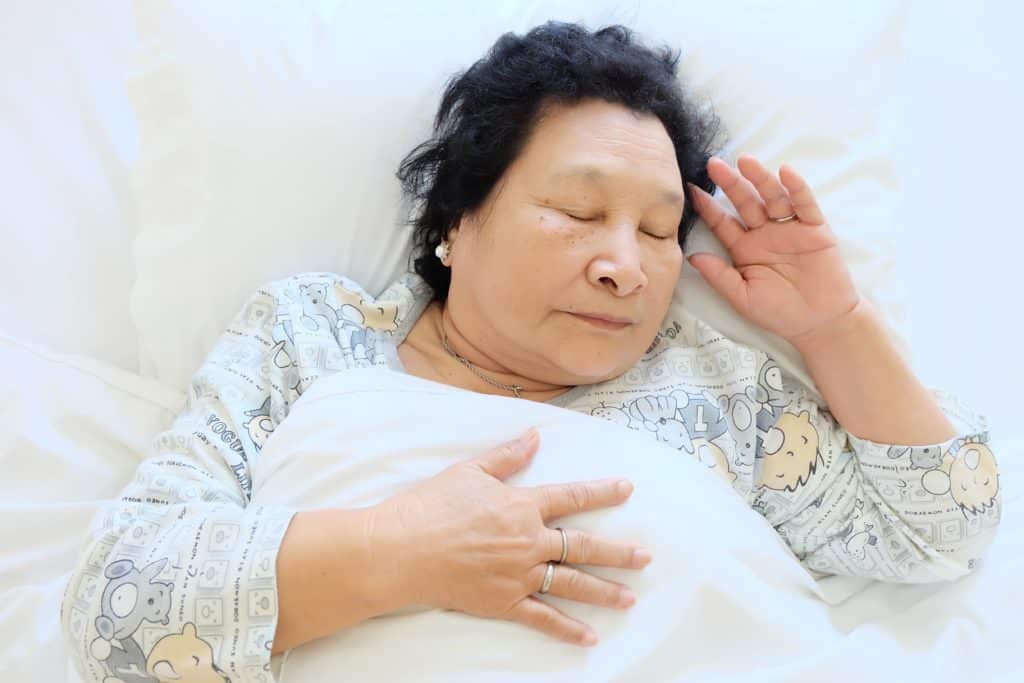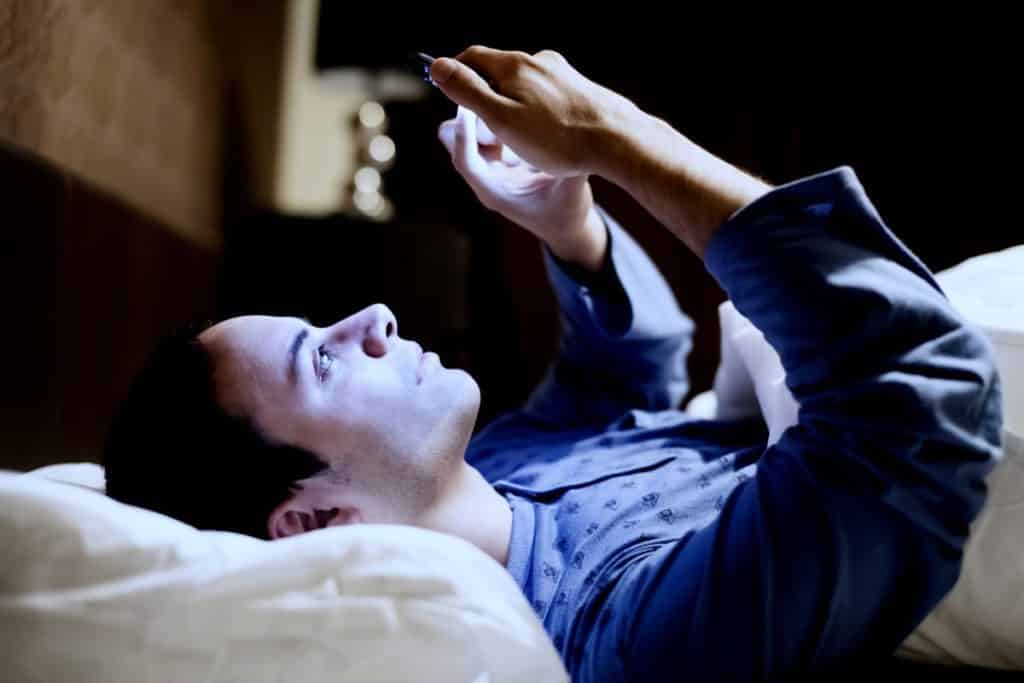Do you find yourself unable to fall asleep at night? Do you wake up tired and groggy, even after a full night’s sleep? If so, you’re not alone. Millions of people struggle with sleep issues every night, and the consequences can be severe. Poor sleep can lead to many health problems, including depression, anxiety and even heart disease. That’s why finding a solution that works for you is crucial. And if you’re looking for a natural approach, you’re in luck. There are plenty of natural sleep aids that can help you fall asleep naturally and wake up feeling refreshed.
Editor’s Note: The content provided on this site is for general informational purposes only. Any information provided is not a substitute for professional medical advice. We encourage you to consult with the appropriate health expert if you have concerns.
How Do Natural Sleep Aids Work?
Sleeping Pills vs Natural Sleep Aids
When it comes to sleep aids, there are two main types: traditional sleep aids and natural sleep aids. Traditional sleep aids, like Ambien and Lunesta, work by suppressing your central nervous system. This makes you feel drowsy and helps you fall asleep. These drugs can be effective in the short term. Yet, they have many side effects, including dizziness, nausea and risk for addiction.
Natural sleep aids work with your body’s natural sleep cycles to help you fall asleep and stay asleep. They often come with fewer side effects, and they don’t carry the risk of addiction. Plus, they can be as effective as traditional sleep aids, if not more so.

Best Natural Sleep Aids
The dosages listed below are general guidelines. Remember to always consult a qualified healthcare professional about specific dosing recommendations.
Magnesium
Magnesium is a mineral that can help relax your muscles and calm your mind, making it easier to fall asleep.
Benefits: Promotes relaxation, reduces muscle tension and supports sleep quality
Risks: High doses may cause gastrointestinal issues
Effectiveness: Varies among individuals. Some may notice improvements in sleep within a few weeks, and results can take longer for some people
When to take it: 30 minutes before bedtime
What quantity to take: 200 mg to 400 mg daily for adult
Melatonin
Melatonin is a hormone that regulates sleep. Taking a melatonin supplement can help reset your body’s natural sleep-wake cycle.
Benefits: Regulates sleep-wake cycles, aids sleep onset and improves sleep quality
Risks: Daytime drowsiness and vivid dreams may occur
Effectiveness: Varies, but it can help with occasional sleep disturbances.
When to take it: 30 minutes before bedtime
What quantity to take: Recommended dosage ranges from 0.5 to 5 mg, but starting with a lower dose is advisable
Ashwagandha

Traditional Ayurvedic medicine has used ashwagandha for centuries. While it is known for its adaptogenic properties, which help the body manage stress, it may also have potential sleep-inducing effects.
Benefits: Reduces stress, anxiety, and cortisol levels, indirectly promoting better sleep
Risks: Generally low, but interactions with certain medications are possible
Effectiveness: Some people experience results within days, and others need weeks
When to take it: With meals for better absorption
What quantity to take: Varies, depending on factors like formulation and concentration
GABA
Gamma-aminobutyric acid (GABA) is a neurotransmitter that regulates brain activity and can help you fall asleep faster.
Benefits: Promotes relaxation, reduces anxiety and improves sleep quality
Risks: Can interact with medications used to treat depression and anxiety, and its long-term effects are not well studied. Mild side effects like drowsiness or an upset stomach can occur
Effectiveness: Varies among individuals, and research on its sleep-promoting effects is limited
When to take it: 30 to 60 minutes before bedtime
What quantity to take: Optimal dosage recommendations are unclear; it’s advisable to consult a healthcare professional for personalized guidance on the appropriate dose.
Chamomile
One of the most popular natural sleep aids is chamomile. Chamomile can be used as a tea, essential oil or extract. It can be enjoyed before bedtime to help you relax and fall asleep.
Benefits: Promotes relaxation and reduces anxiety
Risks: Allergic reactions are possible for those with plant allergies
Effectiveness: Varies. May need to take for several weeks before feeling a significant impact
When to take it: 30 minutes to an hour before bed (make sure to give yourself enough time to go to the bathroom before you fall asleep if drinking tea)
What quantity to take: There is no standard recommended dosage, but typical chamomile tea servings range from 1-2 teaspoons of dried flowers per cup of boiling water
Tart Cherry Juice

Tart cherry juice offers potential benefits as a sleep aid due to its natural melatonin content.
Benefits: Helps regulate sleep-wake cycles; side effects are rare
Risks: Excessive consumption may cause digestive issues or increase blood sugar levels
Effectiveness: Many studies have shown tart cherry juice can significantly increase sleep time.
When to take it: 30 minutes to an hour before bedtime
What quantity to take: 8 to 16 ounces daily, but it’s advisable to start with smaller amounts and adjust based on personal response
Anti-Energy Drinks
Ingredients in anti-energy drinks may include natural, plant-based ingredients like valerian root and kava or things our bodies can naturally produce, like melatonin or magnesium.
Benefits: Calming effects and stress relief
Risks: Some ingredients may interact with prescription medications
Effectiveness: Some people experience results within minutes, while others may take longer.
When to take it: When needed, such as during times of stress or before bed
What quantity to take: Depends on the specific product and ingredients—follow the instructions provided by the manufacturer
Are Natural Sleep Aids Safe?
Natural sleep aids are generally regarded as safe. However, it’s still best to consult a healthcare professional before using sleep medication or natural sleep aids. This is especially true if you have any underlying health conditions or are taking any medications. We’ll explore some of the best practices for using natural sleep aids below.
Children
Natural sleep aids can be safe for children. However, children have different sleep needs than adults, and some natural sleep aids can be too strong. For example, valerian root can cause dizziness and chamomile can cause allergic reactions in some children. Melatonin is generally safe for children, but you should use it under your pediatrician’s guidance. Before reaching for natural sleep aids, parents can also try other ways to help their kids sleep, and always consult with a pediatrician first.
Elderly

Sleeping habits usually change as people age. Natural sleep aids can be safe for older adults. However, older adults are more sensitive to the effects of some natural sleep aids, meaning they may experience more side effects. These adults may require lower doses. And older adults are more likely to have underlying health conditions or take other medications that can interact with natural sleep aids.
Pregnant or Breastfeeding People
Some natural sleep aids can be safe for pregnant or breastfeeding people. However, many natural sleep aids have not been studied in pregnant or breastfeeding women, so their safety is unknown. Some natural sleep aids, such as GABA, can harm the developing fetus or infant.
Individuals with Chronic Illness or Diagnosed Disorders
Some natural sleep aids can interact with medications used to treat chronic illnesses, such as high blood pressure and diabetes. They can also affect medications used to treat liver or kidney problems. In that case, your body may metabolize natural sleep aids differently, potentially making them stay in your system longer or shorter than someone without these underlying conditions.
How to Fall Asleep Naturally
Despite the general safety and effectiveness of natural sleep aids, a foundational aspect of getting better sleep is creating top-notch sleep hygiene. Below are some suggestions for how to do just that.
Spend Time Meditating
Meditation is a natural way to promote relaxation and reduce stress, which can help you fall asleep faster. And you don’t need to do it for an hour—as little as five minutes of meditation can have a calming effect. Studies have shown that meditation can improve sleep quality and reduce the time it takes to fall asleep.
Take a Warm Bath or Shower
A warm bath or shower before bed can promote relaxation and help you fall asleep faster. Warm water raises your body temperature, which can help you feel drowsy. It also relaxes your muscles and reduces tension in your body. You can add essential oils, such as lavender or chamomile, to your bath to enhance its relaxing effects.
Avoid Blue Light

Blue light from electronic devices, such as smartphones and tablets, can suppress melatonin production and disrupt your sleep-wake cycle. Avoid using electronic devices before bed, or use blue light-blocking glasses to minimize their effects. You can also use apps that filter out blue light from your devices, such as f.lux or Night Shift.
Listen to ASMR
Autonomous sensory meridian response (ASMR) is a sensation characterized by tingling and relaxation in response to specific sounds, such as whispering or tapping. Listening to ASMR videos or audio recordings can promote relaxation and help you fall asleep faster. You can find ASMR content on YouTube or use ASMR apps, such as Tingles or ASMR Sounds for Sleep.
Try Aromatherapy
Aromatherapy involves using essential oils to promote relaxation and improve sleep quality. Some popular essential oils for sleep include lavender, chamomile and bergamot. You can use them in a diffuser, add them to your bath or apply them topically (diluted with a carrier oil). However, be cautious when using essential oils, as they can cause allergic reactions or interact with other medications.
FAQs
Can you take natural sleep aids every night?
It’s best not to take natural sleep aids every night, as they can have side effects and lead to dependency. Use natural sleep aids as directed and only when necessary. It is helpful to identify and address the underlying causes of your sleep problems, such as stress, anxiety or poor sleep habits. Other lifestyle changes that can improve sleep quality include exercising regularly, avoiding caffeine and establishing a regular sleep routine.
Is honey a natural sleep aid?
Honey contains glucose, which can promote the release of insulin and serotonin. These two hormones then regulate sleep patterns. It also has anti-inflammatory and antioxidant properties that can help reduce inflammation in the body and promote better sleep. However, limited scientific evidence supports using honey as a natural sleep aid.
Final Thoughts
If you’re struggling with sleep issues, natural sleep aids can be a safe and effective solution. From chamomile tea to melatonin supplements, plenty of natural remedies may help you fall asleep naturally and wake up refreshed. Remember to talk to your doctor before using any natural sleep aids, especially if you have underlying health conditions or take other medications. Lifestyle changes such as meditation, warm baths and avoiding blue light can also improve your sleep quality.
